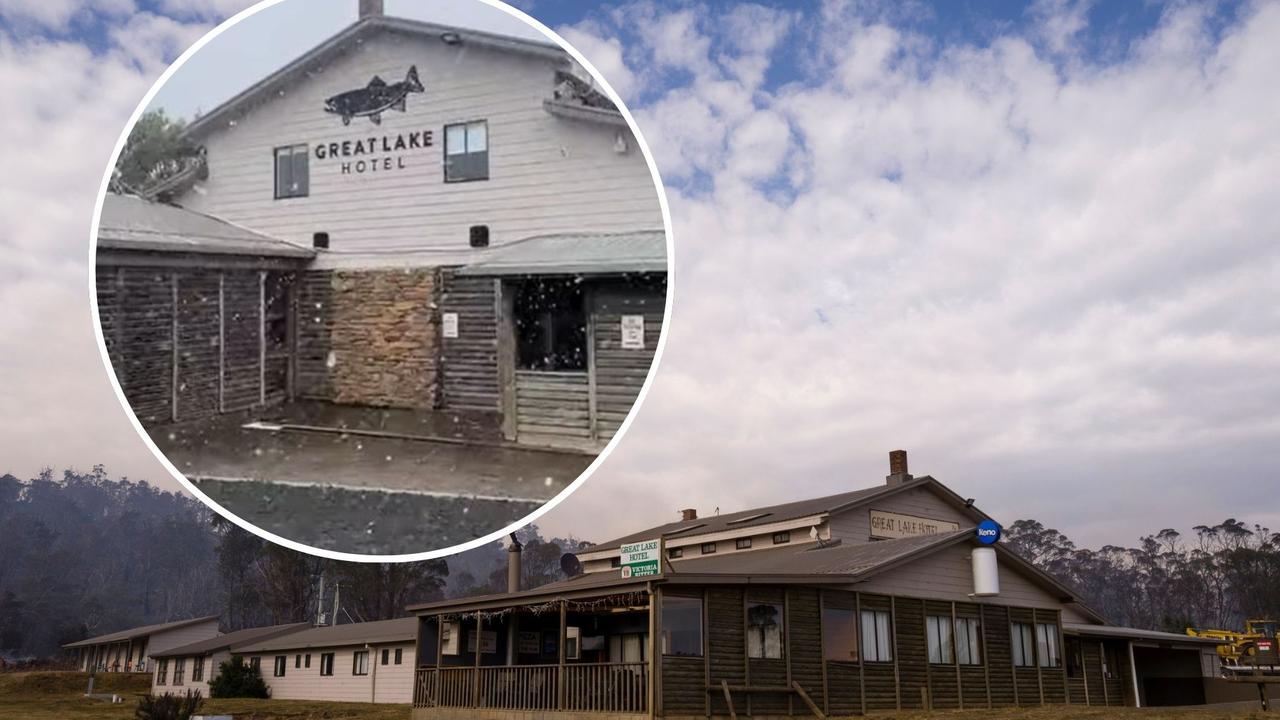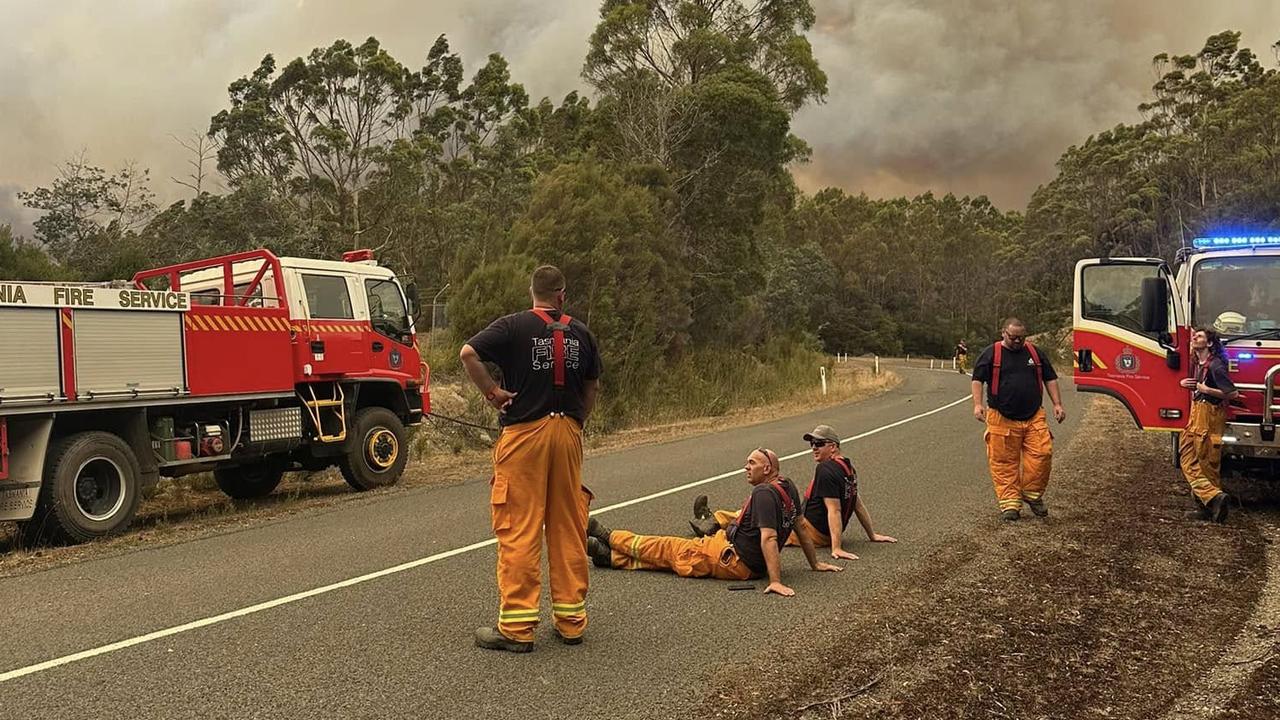Midson Traffic Report finds new safety risks from Collins St bike lanes but Ryan Posselt disagrees
The Collins St bike lanes continue to create community division. A Hobart councillor says a new report is not based on the latest design.
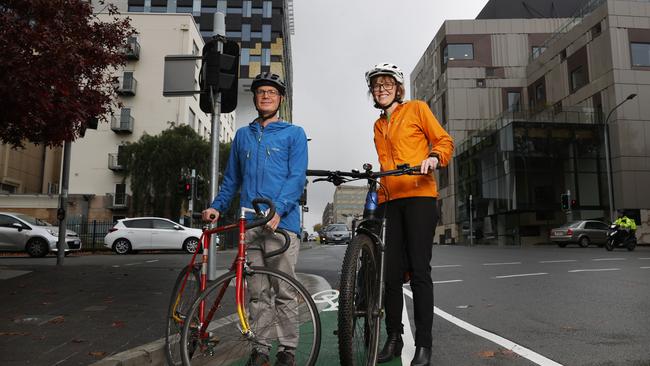
Tasmania
Don't miss out on the headlines from Tasmania. Followed categories will be added to My News.
The controversial Collins St bike lanes will introduce new safety risks, lead to $300,000 in lost parking revenue and “are not warranted”, a new report says.
But Hobart councillor and traffic committee chair Ryan Posselt has questioned the Midson Traffic Pty Ltd report saying it is based on old plans for the project.
The technical assessment report was prepared for the Confederation of Greater Hobart Business who described it as “a damning indictment” on the Hobart City Council’s approach to the issue.
“The proposed design removes critical turning lanes at intersections, significantly reducing road capacity and increasing delays at signalised intersection during peak periods,” the report said.
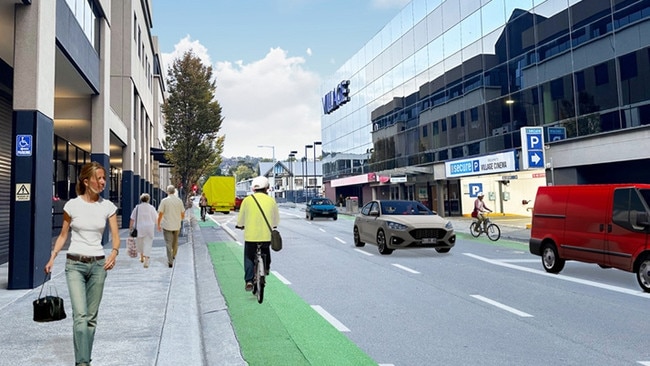
“The loss of 44 high-turnover on-street parking spaces further exacerbates access challenges for businesses and customers, with an estimated annual parking revenue loss for council exceeding $300,000.
“While the design seeks to prioritise cycling, survey data reveals limited midday and weekend cycling activity and a lack of connectivity at the northern end, diminishing its appeal for broader CBD cycling use.”
Mr Posselt said the council had only just read the Midson Traffic Report and it would be considered as part of the bike lanes ongoing evaluation.
“It is based on the original project and there have been changes and a redesign. The parking figures are inaccurate and there will not be a loss of 44 parking meters,” he said.
“The report fails to acknowledge that Collins St is not a strategic traffic route, as confirmed by both the City of Hobart and State Government transport plans.
“The Transforming Collins St project is a two-year trial aimed at creating a safer, more vibrant space for people walking, cycling and driving while supporting local businesses.”
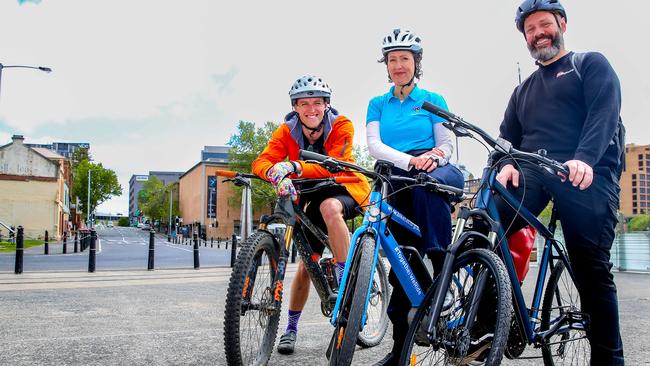
Community engagement and feedback, Mr Posselt said, were vital to the project and there would be opportunities for “input and adjustments throughout the process”.
Business federation chair Edwin Johnstone said the report showed the council was approaching the bike lanes with favoured ideology over practical need and real-world impact.
He said it found only one crash involving a cyclist and a car in Collins St in the past five-and-a-half years.
“Hobart City Council is proposing to spend hundreds of thousands of dollars of ratepayers’ money to fix a safety problem for cyclists that based on the expert evidence, doesn’t even exist,” Mr Johnstone said.
“Worse, this report finds that these cycle lanes will lead to more crashes, traffic delays, negative impacts on traders and the loss of $300,000 in parking revenue to the council.”
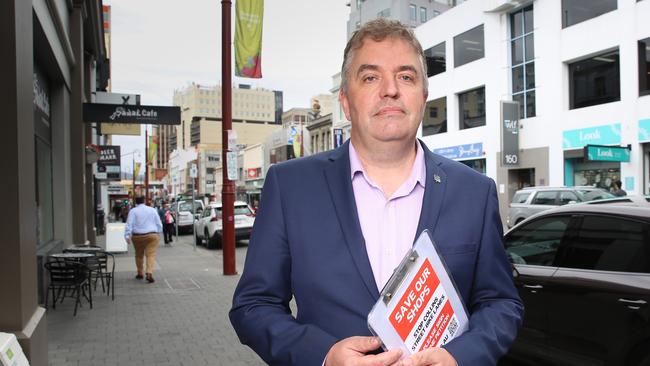
Work on the bike lanes is due to start in mid-March.
The council will call a public meeting on the issue, most likely in March, after receiving the 1000 signatures on a petition organised by the federation.
It is likely an elector poll of Hobart ratepayers also will be held on the bike lanes.
Originally published as Midson Traffic Report finds new safety risks from Collins St bike lanes but Ryan Posselt disagrees


